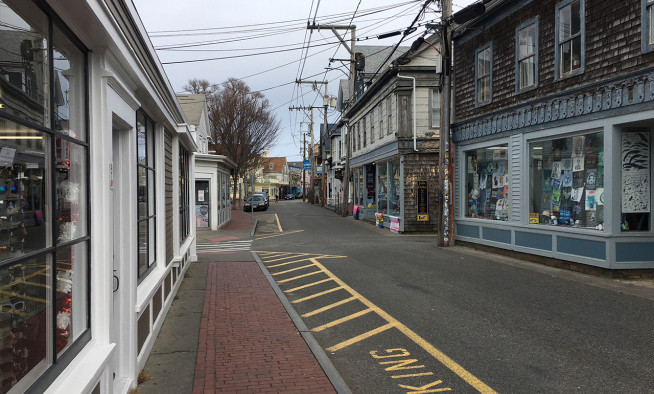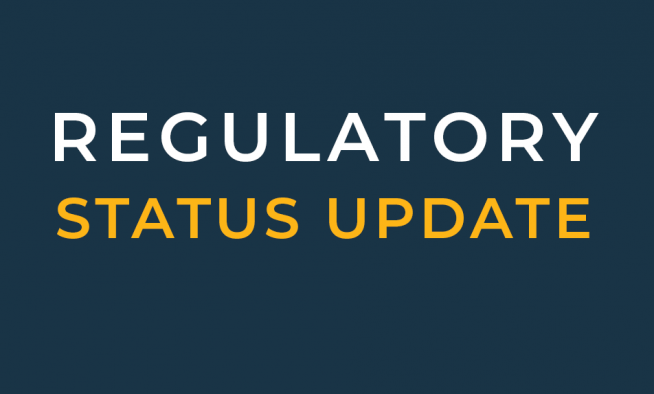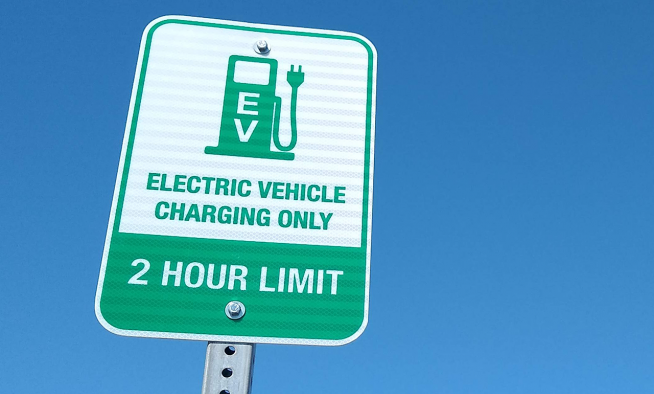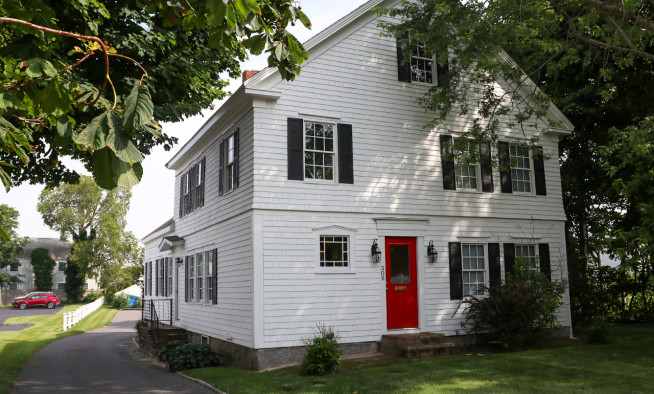Cape Cod Commission awarded $780,000 federal resiliency grant
The National Oceanographic and Atmospheric Administration (NOAA) awarded a three-year, $780,000 grant to the Cape Cod Commission and partners to develop a tool and public outreach program to investigate the environmental and socio-economic effects of local and regional coastal resiliency strategies.
The grant is funded through the NOAA’s Regional Coastal Resilience Grant program, which supports regional-scale projects that enhance the resilience of coastal communities and economies to the effects of extreme weather, climate hazards, and changing ocean conditions.
The Commission’s proposal is one of six selected from 132 applications nationwide. According to NOAA, projects recommended for funding improve coastal risk assessment and communication, promote collaborative approaches to resilience planning, and better inform science based decision-making and implementation.
“The challenges confronting our nation’s coastal communities are incredibly complicated. Effective solutions are going to require strong science, ingenuity and collaboration if they are going to safeguard and ensure the future vitality of our economy and valuable natural resources,” Dr. Jeffrey Payne, Acting Director of the NOAA Office for Coastal Management, said. “The projects that have been approved for funding represent opportunities to do just that.”
As lead agency for the grant, the Commission will develop a tool to translate technical data into understandable and actionable language, estimate loss of individual and government assets, communicate adaptation strategies and their costs and benefits, communicate the need for action and engage the public in selecting and implementing site-specific strategies.
The resiliency tool will be based on those developed by the Commission to support nitrogen-management decisions during the Section 208 Update. Those tools added dimensions of community values, cost and environmental effectiveness to provide local decision makers with more holistic evaluations on the effect of solutions on their communities.
“We saw first-hand how simplifying complex datasets into map-based tools helped expand the community conversation beyond the experts,’ Cape Cod Commission Executive Director Paul Niedzwiecki said. “Making the technical concepts and consequences of different actions accessible to everyone can move those conversations into actions that communities can support.”
The public engagement will follow the highly regarded process used during the Commission’s update of the Section 208 Water Quality Management Plan. A robust, regionally based stakeholder program is an integral part of all three years of the grant, beginning with data collection and information vetting in the initial year.
The Cape Cod Commission and its partners outlined a public engagement and planning process to
- improve understanding of the threats under projected climate and sea level rise scenarios
- communicate the costs of doing nothing
- explore options to improve resiliency to coastal threats
- compare the costs and benefits of various resiliency adaptation strategies at the local and regional scale
The public will be engaged throughout these efforts, including in a fourth phase pilot project conducted in the Town of Barnstable.
Supporting the tool will be new Commission-led economic research on the willingness of communities to pay for different strategies. Understanding how a community views and values different strategies is a key to developing consensus and support for resiliency-based project.
Partners, including the Association to Preserve Cape Cod and the Center for Coastal Studies, will develop new technical information to broaden the understanding of Cape Cod’s vulnerability to climate adaptation. This research will be incorporated into the tool and public outreach.
“This grant will help Cape Cod prepare for the inevitable challenges of sea level rise on our coastline, our aquifer and our ecosystems,” APCC Executive Director Ed DeWitt said. “Resilience is all about our ability to spring back. It is not about changing the natural beauty and essence of Cape Cod. This project will identify opportunities to restore the Cape’s natural environment so that communities and ecosystems are more resilient. “
The Waquoit Bay National Estuarine Research reserve will provide facilitation for the outreach program. WBNERR and the Commission have collaborated around public outreach and facilitation in the past, most recently during the 2015 OneCape Summit on water quality planning.
“You do not have to look very far to find examples of how Cape Cod is vulnerable to the impacts from storms, sea level rise and erosion,” said Tonna-Marie Rogers Surgeon, WBNERR’s Coastal Training Program Coordinator. “Rather than being reactive, communities and decision-makers must begin to do everything they can to get ahead of the curve with how they plan, prepare, respond and adapt to these threats.”
At the end of the grant and pilot project, the Commission will deliver a fully-developed tool and stakeholder process that can be adapted and transferred for use by other coastal communities. Phase 1 work is scheduled to begin March 1.
Project summaries:
https://coast.noaa.gov/resilience-grant/projects/
https://coast.noaa.gov/data/docs/NOAA-handout-community-resilience-grants.pdf




